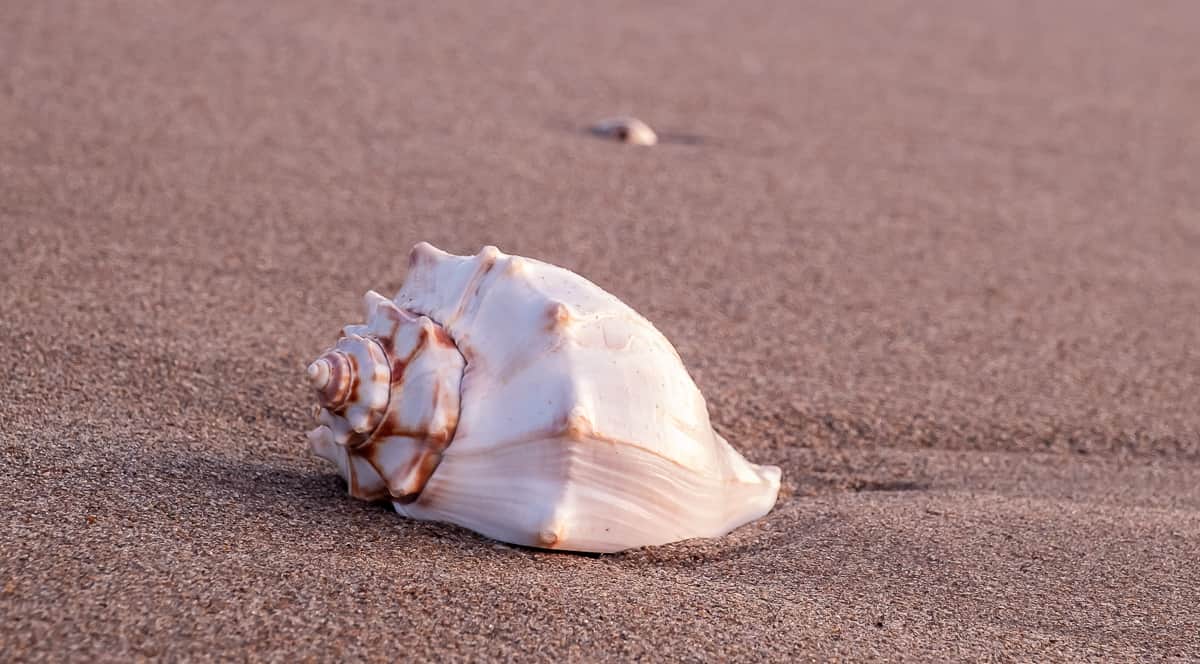In an effort to combat illegal wildlife trafficking and protect Costa Rica’s marine ecosystems, airport authorities at Juan Santamaría International Airport (AIJS) confiscated a staggering three tons of shells from passengers throughout 2023.
This significant seizure has spurred airport managers into action, initiating an awareness campaign aimed at educating tourists about the environmental repercussions of shell extraction.
During the peak tourist months of March and December, authorities recorded the highest numbers of shell confiscations, totaling 414 kilograms and 528 kilograms, respectively. Conversely, June saw the lowest activity, with only 124 kilograms of shells removed.
In Costa Rica, the extraction of natural resources, including shells, is considered illegal wildlife trafficking. In response, an alliance of environmental organizations and authorities seeks to emphasize the detrimental impact of such practices on the environment, particularly highlighting the challenge of reintegrating extracted marine material back into its ecosystem.
Under strict protocols established by the Regulations to the Wildlife Conservation Law, approved by the National System of Conservation Areas (SINAC), the environmental team at AERIS, the management company of AIJS, is tasked with collecting and burying the confiscated shells due to their high calcium content.
Biologists note that the most frequently confiscated shells originate from the Pacific coast, comprising bivalve shells such as clams, mussels, and oysters, as well as gastropod shells like corals. These species are vital components of marine ecosystems, providing essential calcium carbonate and serving as habitats for various marine life.
To mitigate further harm to biodiversity and natural resources, AERIS, in collaboration with strategic partners like Fundación MarViva, has launched an awareness campaign targeting tourists, especially during the high season extending through April.
The campaign involves the dissemination of audiovisual materials on social media platforms, including videos and posts on AERIS and AIJS’s digital channels, alongside partner organizations. Additionally, videos will be prominently displayed on screens within the AIJS Arrivals area to maximize visibility and impact among arriving travelers.
Ricardo Hernández, General Director of AERIS, expressed pride in AIJS’s role as Costa Rica’s primary gateway and emphasized the campaign’s goal of fostering positive environmental impacts among travelers. He underscored the importance of safeguarding biodiversity for sustainable tourism and the well-being of local communities, urging all tourists to contribute to the preservation of Costa Rica’s beaches.






